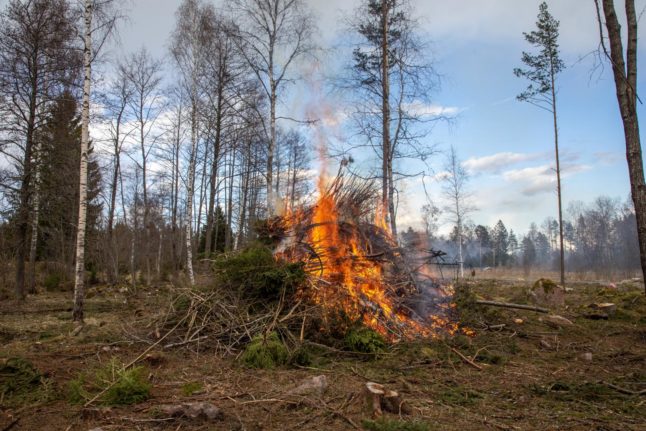Writing on his social media accounts, Löfven said: “My message is still that the Social Democrats and I are ready to shoulder the responsibility to lead the country forward, together with other constructive forces.”
After losing a vote of no confidence on June 21st, centre-left Prime Minister Stefan Löfven declared that he would be resigning on Monday morning. This triggered rounds of talks between party leaders and the parliamentary speaker, Andreas Norlén, who has the role of assessing what a government backed by the majority of parliament would look like, and proposing potential PM candidates.
A day later, the leader of the right-wing Moderates, Ulf Kristersson was commissioned by the speaker be the first party leader to test the conditions for forming a new government. He had until Friday to try, but gave notice a day early that he’s giving up.
“The parliamentary conditions for forming a right-of-centre government simply do not exist,” Kristersson said at a press conference on Thursday morning. “We conclude that there are 175 seats which will vote no.”
A candidate passes a prime ministerial vote by having no more than 175 votes against them (abstentions therefore effectively count as votes in favour) and the margins in parliament are currently wafer-thin.
The right-wing bloc is made up of the Moderates, Christian Democrats and Liberal Party, which together count 111 seats, rising to 173 with the support of the anti-immigration Sweden Democrats.
The vote for Sweden’s next prime minister will be close and could be decided by a margin of one vote.
Kristersson said that he announced his withdrawal from the process early so as not to delay the process of getting a new government in place, after concluding that a new government formed by him would not pass the vote.
“I think it was my duty to go back to the speaker and say that there is some agreement on policy stances but we do not have the mathematics,” Kristersson said.
Now the Speaker has given the task to form a government to Stefan Löfven, who just lost a vote of no confidence.
He has been given a probationary period that runs until Monday, with the possibility of an extension if needed. This means that a vote on his candidacy as prime minister could be held on Wednesday at the earliest.
If four consecutive proposed candidates are unsuccessful, snap elections must be called.
Norlén has said that he hopes to finish the process by the end of July, by holding one vote each week until either a government is voted in or all four chances are used.



 Please whitelist us to continue reading.
Please whitelist us to continue reading.
Member comments